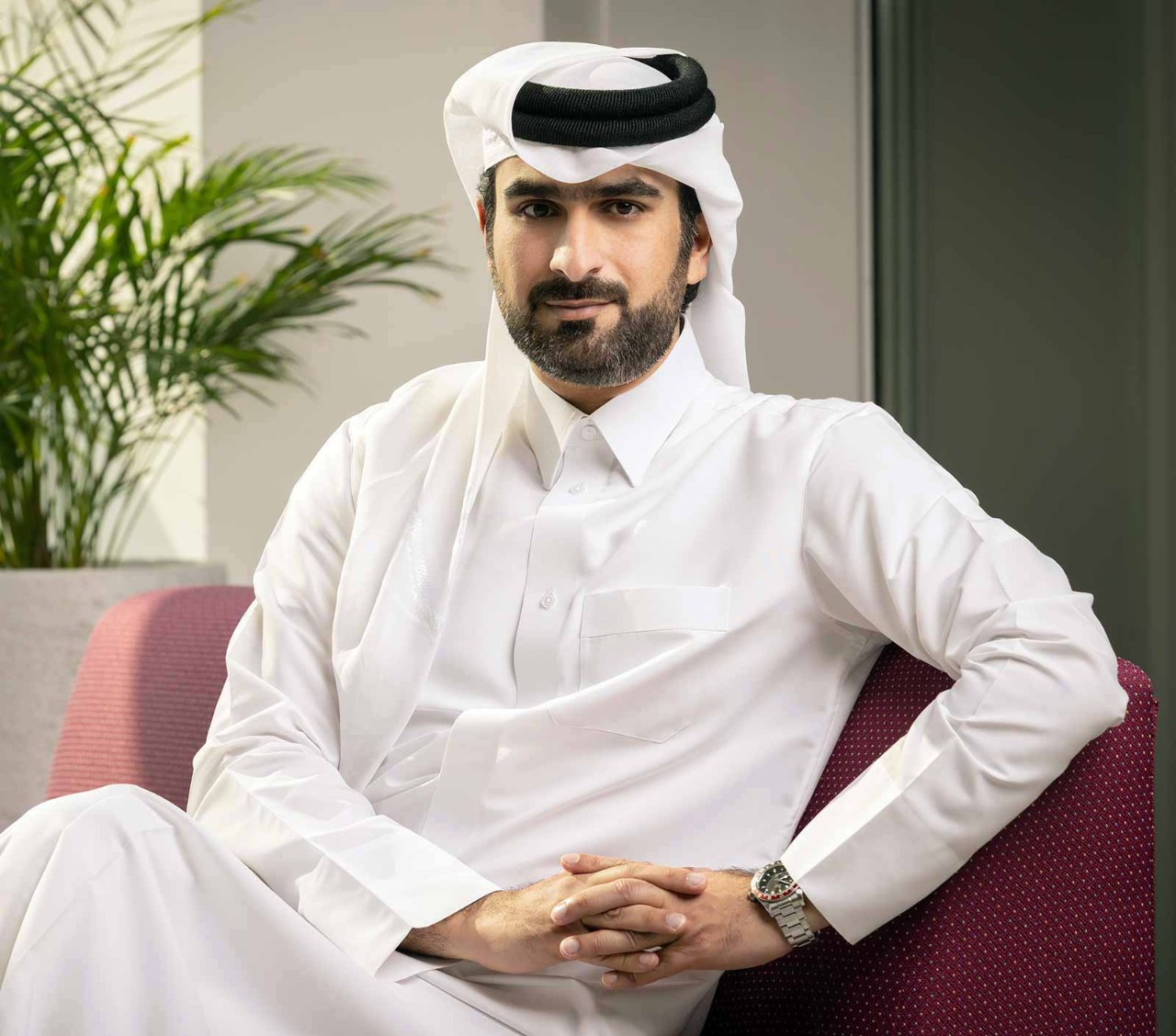
Earlier this year shockwaves reverberated around the audit sector in the United Arab Emirates (UAE) when a Dubai court ordered KPMG Lower Gulf, a major presence among professional services firms in the territory, to pay US$231m compensation to a group of investors who incurred losses following poor-quality audit work by the Big Four firm.
The court concluded the firm had failed to apply International Standards on Auditing (ISAs) when undertaking work for the investment group Abraaj Capital, which went into liquidation in 2018 amid serious allegations of fraud and mismanagement.
Regulators are flexing their muscles as the country strives to become a global player in financial services
The ruling followed an earlier decision by the Dubai Financial Services Authority to fine the firm US$1.5m and a partner US$500,000, for failing to ‘follow applicable international auditing standards’ when working at Abraaj. All the rulings are subject to appeal.
According to audit insiders and experts, far from indicating that audit in the UAE suffers from systemic weakness, the fines show regulators flexing their muscles as part of the country’s effort to become a global player in financial services, with standards to match those of any developed economy.
Global ambitions
The rulings come against the much larger backdrop of the national drive for improved accounting and auditing standards. The UAE Centennial 2071 plan envisages a state that has moved away from reliance on oil and gas, with a modern economy and elevated standards in business and finance.
According to Fazeela Gopalani, head of ACCA Middle East, UAE’s leadership and regulators have been focused on attracting investment from around the world to turn the country into a regional financial hub. And that means adhering to international standards in both accounting and audit.
‘They have to ensure that the UAE is seen as an international player. And to be seen as an international player, you have to be using international standards,’ she says.
‘I’m positive about what is being done here by the Ministry of Economy, and I’m positive about the vision of the leaders of this country. They know what’s required for the UAE to become an international player, and they are doing it.’
‘Top-notch audit quality is essential to drive continued growth of clients’ businesses’
Compliance culture
Mandated in July 2015 through ministerial resolution for all but the smallest companies in the UAE, ISAs have been in use on a voluntary basis for much longer, while International Financial Reporting Standards were also mandated in 2015.
James Mathew, CEO of UHY James in Dubai, says that quality audits are ‘pivotal’ to the UAE economy. ‘As an entrepreneur who has been witnessing the unprecedented growth within the audit and advisory space in the UAE for 30 years now, I believe audit quality is the epicentre that defines effective functioning of an audit firm,’ he says. ‘Sustaining top-notch audit quality is essential to drive continued growth of the firm and clients’ businesses.’
Underpinned by the work and advice of accountants and auditors, there has been a wave of measures aimed at creating a wider culture of compliance in the region. Changes include the introduction of VAT in 2018, and corporate tax on 1 June 2023 (which companies are required to pay from the beginning of the first financial year starting on or after that date).
Greater transparency
And from January next year, the country’s Economic Substance Regulations, introduced in 2019 to combat tax avoidance by multinational companies and increase transparency, will also apply to auditors. Compliance will require greater transparency about fees and clients, and a deeper understanding of a client’s business and activities.
Saad Maniar FCCA, senior partner at Crowe UAE, says that ‘significantly enhanced’ audit standards are part of the country’s deepening regulatory culture. ‘We are required to carry out enhanced due diligence when onboarding new clients and have enhanced responsibility to report suspicious activity,’ he explains. ‘So filtering of clients at the onboarding stage is happening more effectively than it used to.’
‘UAE leaders know what’s required for the UAE to become a global player, and they are doing it’
Stricter oversight
The KPMG ruling has reinforced the sense of increasingly strict regulatory oversight. Knowing that regulators are watching, auditors have felt compelled to be more vigilant, to reconsider their processes and procedures, improve training and apply a renewed focus on materiality levels and the professional judgment required to weigh them.
According to Salman Rafique, co-founder of JRB, an accountancy firm based in Dubai, much of the rethink is about professional scepticism and the collection of audit evidence.
‘One of the key challenges is adopting a “hawk’s eye” view – looking at something and asking does it all add up, does it all make sense? It’s about professional scepticism, and that’s about challenging the audit evidence.’ He adds that for firms this means ‘making sure you’re independent and working for the stakeholders’.
While auditors in UAE may have felt the earth move beneath their feet, the KPMG case offers a salutary lesson to all – and a reminder that as the region moves towards its ambitions as a major financial hub, having world-class professional support in place is essential.
Fellowship Scheme
In September last year ACCA entered an agreement with the UAE Ministry of Economy to provide key courses at the heart of a new mandatory programme, the UAE Fellowship Scheme. The programme is designed to increase skills among local accountants and auditors and improve audit quality, and is tied to the granting of audit licences (see the AB article ‘New UAE audit licence rules explained’). The courses cover international accounting and audit standards, as well as UAE tax and regulation.


